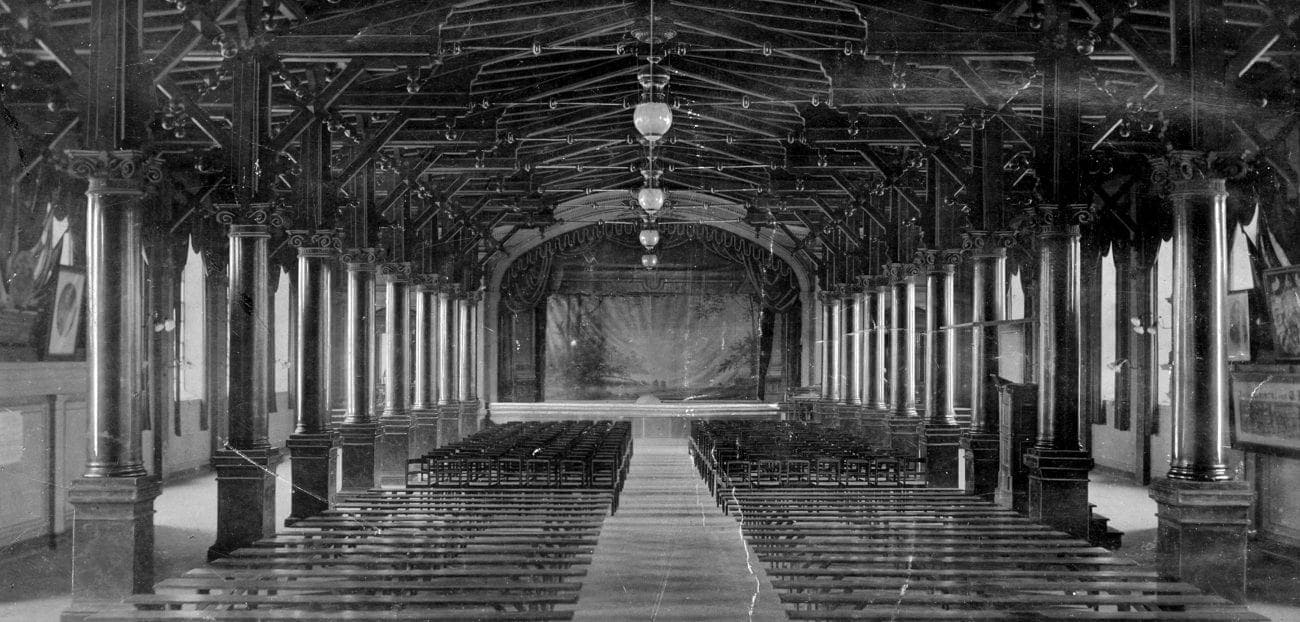With nearly 80,000 inhabitants, the most populous district of the Berlin borough of Mitte has much more to offer than a notorious prison and Europe’s largest criminal court. First mentioned in the 13th century as a cattle pasture and hunting ground for the Brandenburg electors around 1600, there are numerous theories about the origin of the name Moabit. The most plausible one is that the word comes from Huguenots, who were the first to settle there in 1717 and laboured in vain with the cultivation of mulberry plantations and silkworms.
Moabit was named in reference to the biblical land of Moab, which provided refuge to the Isreaelites after their exodus from Egypt, and the French word for living “habiter“. With the establishment of large industries such as the royal powder mills and the Borsig ironworks, economic success grew, leading to the incorporation of Moabit into Berlin in 1861 and paving the way for the success story of the BOLLE dairy. Today, Moabit stands for its diversity, its potential, and its central location in a city that is bursting at the seams.














